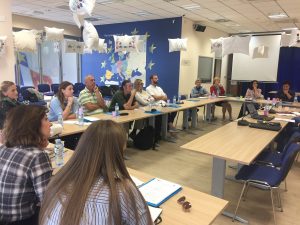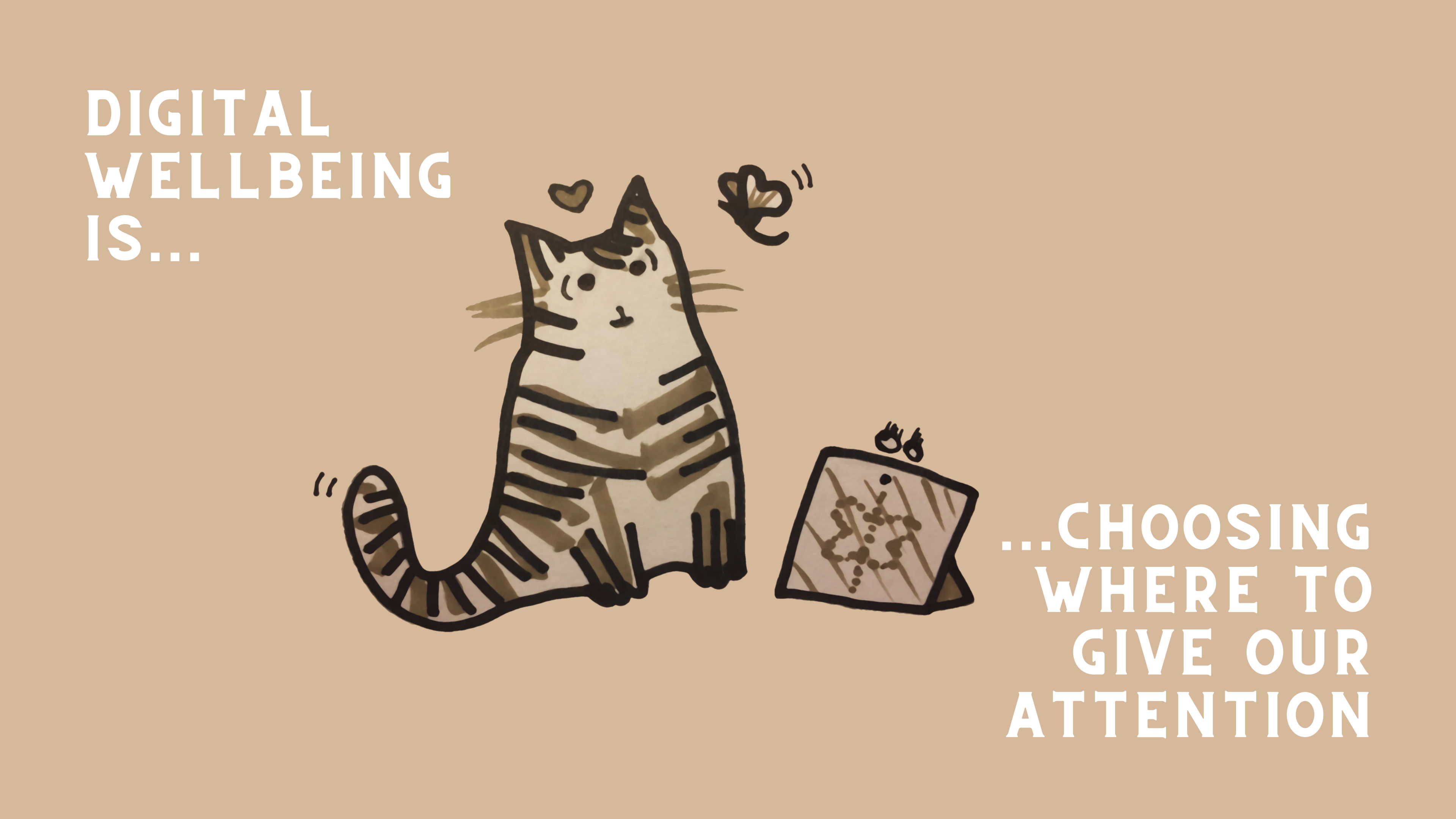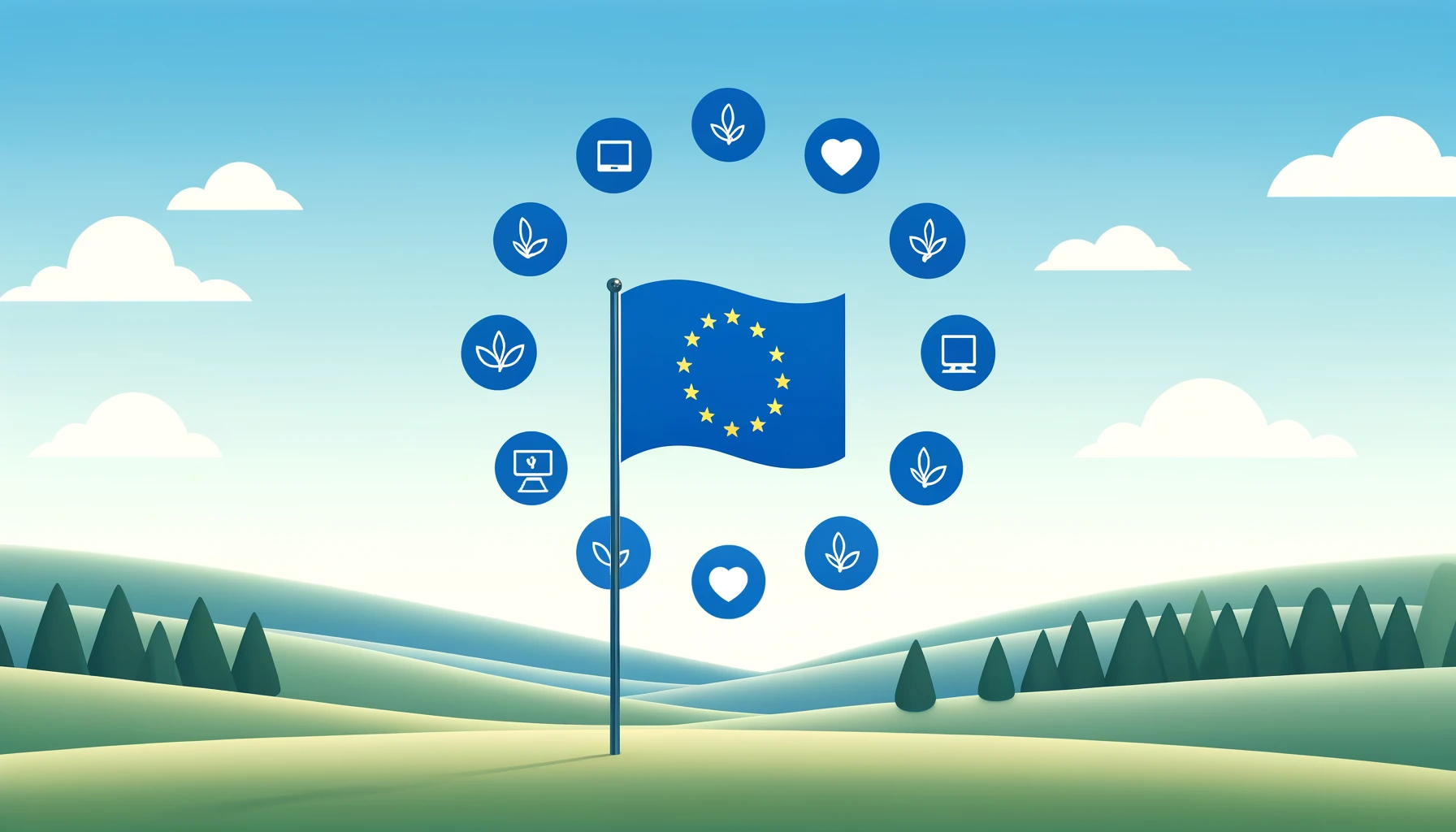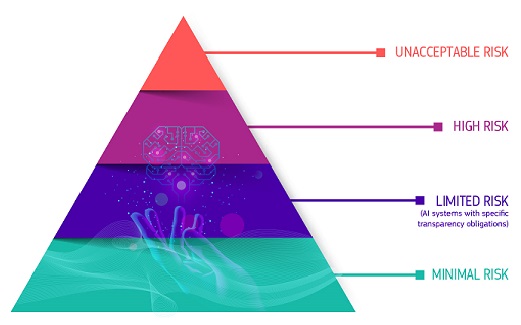
EAVI’s Naomi Thompson was invited to take part in a regional programme on media and information literacy in the Balkans, under an EU funded project – “Media for Citizens – Citizens for Media” which aims to build the capacities of CSOs to advance media and information literacy in the Balkans. The project runs from 2018-2010 and is intended to reinforce civil society actions to impact media and information literacy policies in the region.
The project is coordinated by the Foundation Media Centre in Sarajavo and runs in five countries: Bosnia and Herzegovina, Serbia, Macedonia, Albania and Montenegro. Naomi worked with Stefan Janic from the Novi Sad School of Journalism, Serbia and together, they hosted workshops in Macedonia, Albania and Montenegro.
The workshops were designed to train trainers of media literacy so that they may themselves run workshops for various groups, including children and adults in various fields. The participants were all highly qualified in their fields, including university professors, representatives of civil society organisations, journalists, editors, teachers and librarians, and were all engaged and enthusiastic for the subject.
Each workshop was held over two days, the first day provided an introduction to media literacy, as well as a showcase of EAVI’s most successful games and strategies in teaching various groups media literacy skills – including how to spot fake news, a glimpse into how news organisations themselves operate, how digital footprints and online profiling can work, and basic fact checking exercises.
On the second day of the workshop, participants were asked to create their own games for their groups – these games included retelling fairytales, demonstrations on the importance of attention to detail, and a closer look at augmented and misleading images. Finally, the participants were asked to put together their own lesson plan for their targeted demographic. The lesson plans were of high quality and well thought-through.
The diversity of the lesson plans was based around the expertise of the participants, including workshops that focused on news, image and film literacy. One group even conceptualised an app to connect older news readers with younger, more media literate news readers to work as a real-time fact checking service.
The lesson plans that were created were of good quality and had taken on board what Naomi and Stefan had taught. With not much refinement, they were ready to be tested and rolled out to wider audiences, which is the purpose of the project. Naomi and Stefan advised that presentations, lesson plans and games are subject to constant refinement according to the ever-changing media environment, so it should be born in mind that this is an ongoing process over the lifespan of the project.
The three organisations who hosted these workshops, the Media Institute of Montenegro, the Macedonian Institute for Media, and the Albanian Media Institute, will go on to oversee the result of the training workshops, working with the participants to teach within their spheres (so journalists to journalists, librarians to schools, etc) could be the most successful way to progress, and would also make the most of existing networks.
The project will go on to bring together a coalition of intersectional working groups, advocacy networks, more than 40 MIL initiatives across the region, online campaigns to promote views about media and information literacy of journalists, teachers and citizens – including students, parents and the elderly. A “Journalism for Citizens” will bring renowned journalists into schools to make students better aware of media freedom and media content.
There will also be a Summer Festival in Macedonia for educational workshops, expert panels and networking sessions where EU and non-EU experts can exchange knowledge and best practice.

EAVI’s Naomi Thompson was invited to take part in a regional programme on media and information literacy in the Balkans, under an EU funded project – “Media for Citizens – Citizens for Media” which aims to build the capacities of CSOs to advance media and information literacy in the Balkans. The project runs from 2018-2010 and is intended to reinforce civil society actions to impact media and information literacy policies in the region.
The project is coordinated by the Foundation Media Centre in Sarajavo and runs in five countries: Bosnia and Herzegovina, Serbia, Macedonia, Albania and Montenegro. Naomi worked with Stefan Janic from the Novi Sad School of Journalism, Serbia and together, they hosted workshops in Macedonia, Albania and Montenegro.
The workshops were designed to train trainers of media literacy so that they may themselves run workshops for various groups, including children and adults in various fields. The participants were all highly qualified in their fields, including university professors, representatives of civil society organisations, journalists, editors, teachers and librarians, and were all engaged and enthusiastic for the subject.
Each workshop was held over two days, the first day provided an introduction to media literacy, as well as a showcase of EAVI’s most successful games and strategies in teaching various groups media literacy skills – including how to spot fake news, a glimpse into how news organisations themselves operate, how digital footprints and online profiling can work, and basic fact checking exercises.
On the second day of the workshop, participants were asked to create their own games for their groups – these games included retelling fairytales, demonstrations on the importance of attention to detail, and a closer look at augmented and misleading images. Finally, the participants were asked to put together their own lesson plan for their targeted demographic. The lesson plans were of high quality and well thought-through.
The diversity of the lesson plans was based around the expertise of the participants, including workshops that focused on news, image and film literacy. One group even conceptualised an app to connect older news readers with younger, more media literate news readers to work as a real-time fact checking service.
The lesson plans that were created were of good quality and had taken on board what Naomi and Stefan had taught. With not much refinement, they were ready to be tested and rolled out to wider audiences, which is the purpose of the project. Naomi and Stefan advised that presentations, lesson plans and games are subject to constant refinement according to the ever-changing media environment, so it should be born in mind that this is an ongoing process over the lifespan of the project.
The three organisations who hosted these workshops, the Media Institute of Montenegro, the Macedonian Institute for Media, and the Albanian Media Institute, will go on to oversee the result of the training workshops, working with the participants to teach within their spheres (so journalists to journalists, librarians to schools, etc) could be the most successful way to progress, and would also make the most of existing networks.
The project will go on to bring together a coalition of intersectional working groups, advocacy networks, more than 40 MIL initiatives across the region, online campaigns to promote views about media and information literacy of journalists, teachers and citizens – including students, parents and the elderly. A “Journalism for Citizens” will bring renowned journalists into schools to make students better aware of media freedom and media content.
There will also be a Summer Festival in Macedonia for educational workshops, expert panels and networking sessions where EU and non-EU experts can exchange knowledge and best practice.

EAVI’s Naomi Thompson was invited to take part in a regional programme on media and information literacy in the Balkans, under an EU funded project – “Media for Citizens – Citizens for Media” which aims to build the capacities of CSOs to advance media and information literacy in the Balkans. The project runs from 2018-2010 and is intended to reinforce civil society actions to impact media and information literacy policies in the region.
The project is coordinated by the Foundation Media Centre in Sarajavo and runs in five countries: Bosnia and Herzegovina, Serbia, Macedonia, Albania and Montenegro. Naomi worked with Stefan Janic from the Novi Sad School of Journalism, Serbia and together, they hosted workshops in Macedonia, Albania and Montenegro.
The workshops were designed to train trainers of media literacy so that they may themselves run workshops for various groups, including children and adults in various fields. The participants were all highly qualified in their fields, including university professors, representatives of civil society organisations, journalists, editors, teachers and librarians, and were all engaged and enthusiastic for the subject.
Each workshop was held over two days, the first day provided an introduction to media literacy, as well as a showcase of EAVI’s most successful games and strategies in teaching various groups media literacy skills – including how to spot fake news, a glimpse into how news organisations themselves operate, how digital footprints and online profiling can work, and basic fact checking exercises.
On the second day of the workshop, participants were asked to create their own games for their groups – these games included retelling fairytales, demonstrations on the importance of attention to detail, and a closer look at augmented and misleading images. Finally, the participants were asked to put together their own lesson plan for their targeted demographic. The lesson plans were of high quality and well thought-through.
The diversity of the lesson plans was based around the expertise of the participants, including workshops that focused on news, image and film literacy. One group even conceptualised an app to connect older news readers with younger, more media literate news readers to work as a real-time fact checking service.
The lesson plans that were created were of good quality and had taken on board what Naomi and Stefan had taught. With not much refinement, they were ready to be tested and rolled out to wider audiences, which is the purpose of the project. Naomi and Stefan advised that presentations, lesson plans and games are subject to constant refinement according to the ever-changing media environment, so it should be born in mind that this is an ongoing process over the lifespan of the project.
The three organisations who hosted these workshops, the Media Institute of Montenegro, the Macedonian Institute for Media, and the Albanian Media Institute, will go on to oversee the result of the training workshops, working with the participants to teach within their spheres (so journalists to journalists, librarians to schools, etc) could be the most successful way to progress, and would also make the most of existing networks.
The project will go on to bring together a coalition of intersectional working groups, advocacy networks, more than 40 MIL initiatives across the region, online campaigns to promote views about media and information literacy of journalists, teachers and citizens – including students, parents and the elderly. A “Journalism for Citizens” will bring renowned journalists into schools to make students better aware of media freedom and media content.
There will also be a Summer Festival in Macedonia for educational workshops, expert panels and networking sessions where EU and non-EU experts can exchange knowledge and best practice.






















































































































































